20 Mar |
Posted by Holly Keeling |
no comments |
children, puppies, toilet, training
At around three weeks of age a puppy has an inbuilt instinct to move away from their nest to go to the toilet. They will not be aware that your larger house is still part of the nest so it is up to you to teach them the boundaries. Here’s my top tips for toilet training puppies and dogs:
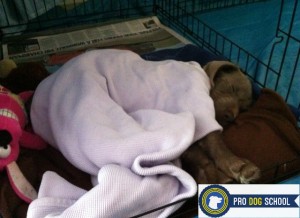
Make the crate a safe haven
As with other blogs i like to draw upon the similarities between raising dogs and raising children as I find it fascinating. I am by no means an expert with children but nonetheless I enjoy reading about others recommendations.
Our oldest son was toilet trained at 3.5 years, which by some accounts is late. We had been trying on and off for the year before that and it seemed like a long journey. There’s so much conflicting advice out there. We tried tried many of the methods I recommend for puppy training like asking him often if he need the toilet, never telling him off for accidents, staying with him whilst he was on the potty, giving him a chocolate for each successful attempt and so on. We even decorated his potty, tried putting shorts on without a nappy (what a mess!) and got him cool dinosaur pants. But the best advice we found in the end was ‘when they’re ready they’re ready’. It was as simple as that.
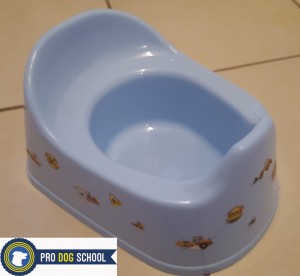
Digger stickers did nothing!
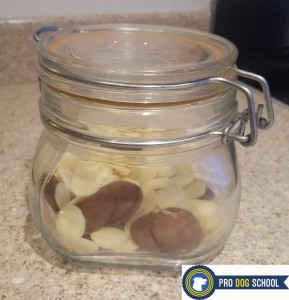
A chocolate for going on the potty helped for a short time
At Christmas just gone i decided that the two weeks we had off and largely at home would be an ideal time to get rid of the nappies and risk any accidents. So, in the lead up to Christmas I suggested to our toddler that we send Father Christmas his nappies and he got so excited that we wrote a letter. At Christmas we sent the card and nappies off to Father Christmas and the next day our son woke up to a letter, ‘big boy’ pants and a ‘good luck’ present. He was so thrilled and since that day he has been clean through the day and night apart from a couple of minor accidents. And that was that. Everything we had done before hadn’t mattered because he wasn’t ready. His desire to stay clean and perhaps his ability to control it weren’t there.
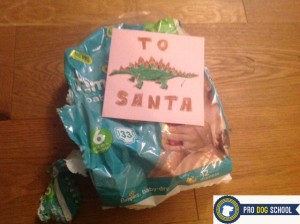
We sent the nappies and a card to santa
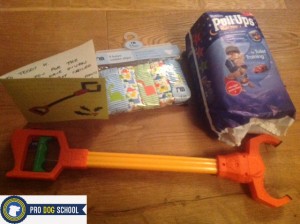
We got big boy pants and a gift from santa
So my experience of training puppies and toddlers were quite different. However, there is some similarity in what I found with my son. After all, you can’t force tiny puppies to hold on for longer than they can. I have been told be a couple of vets that generally puppies bladders aren’t strong enough to hold wee for a long period of time until 20 weeks and even then some breeds are predisposed to weaknesses.
In summary, when toilet training try hard to provide your puppy with the opportunity to go to the toilet in the right place and do not punish them when they have accidents or take longer than expected.
Pro Dog School. Reward the good, prevent the bad.
About the Author: Holly Keeling. Dog Trainer in Sussex, England. Mother to furrbaby Leskie 5yrs and little humans Teddy 3yrs and Louie 1yr. Outdoor lover. A blog about raising kids and dogs and my life as a dog trainer. View more blogs here.